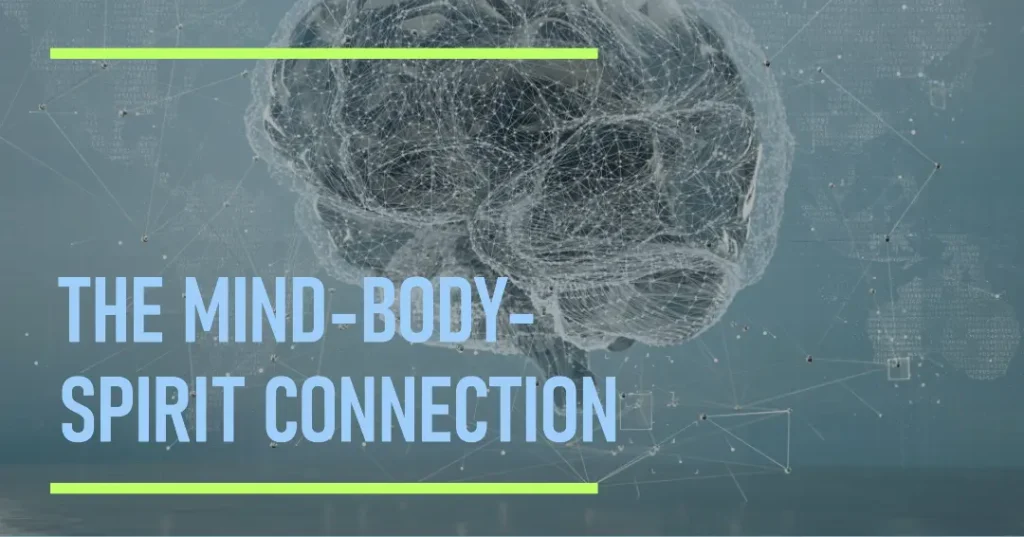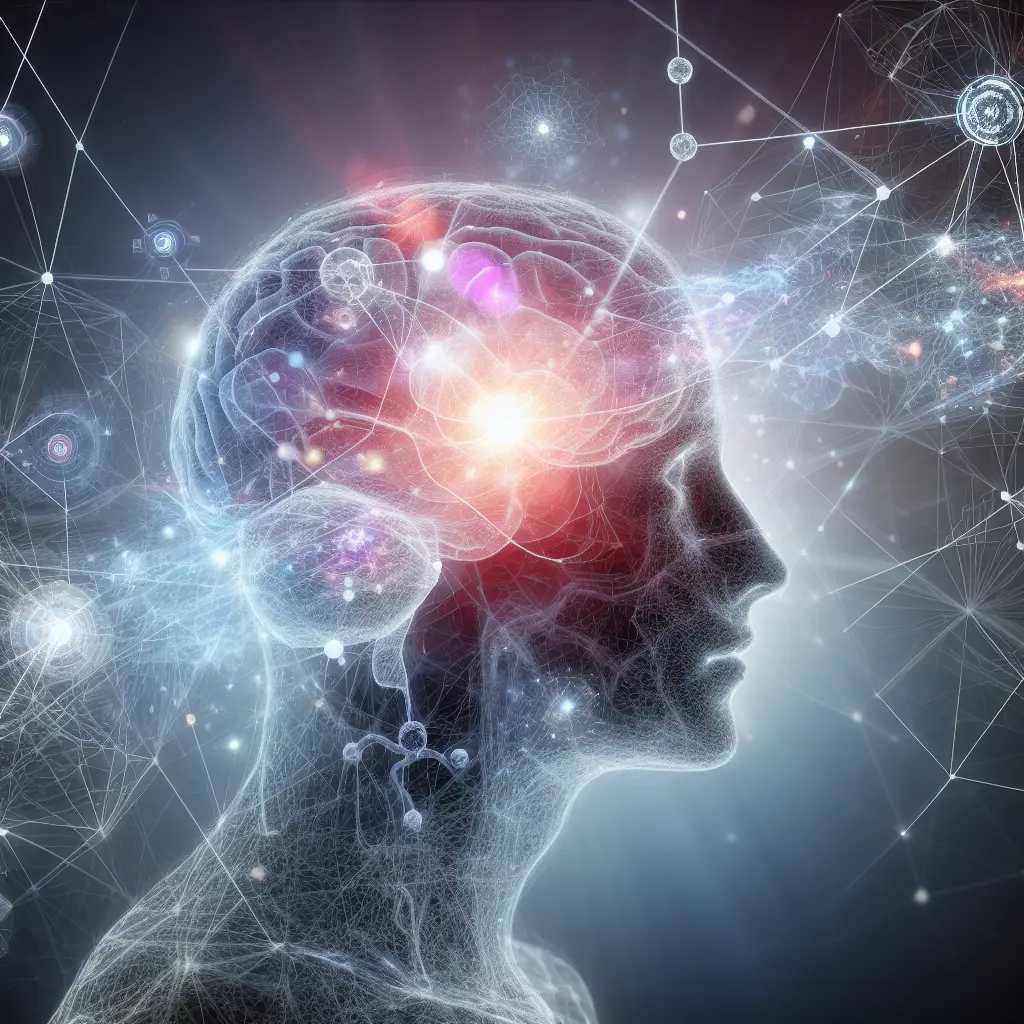
Emotions are a fundamental aspect of the human experience, driving our thoughts, actions, and interactions with the world. They are the bridge between our physical bodies and our intangible spirits, serving as a guidance system that connects the material and the spiritual realms. While this concept may seem esoteric, there is both scientific data and spiritual nuance that can shed light on this profound connection.
Studies have shown that negative emotions, such as chronic stress, can have detrimental effects on the body, leading to various health issues. On the other hand, positive emotions are associated with better overall well-being and health.
The Science of Emotions
In the realm of science, emotions have long been a subject of study. Neuroscientists have delved into the intricacies of the brain, unveiling the neural processes that underlie emotions. When we experience emotions, our brains release a cocktail of neurotransmitters and hormones that affect our mental and physical states. For example, the release of dopamine can generate feelings of pleasure and reward, while the secretion of cortisol triggers the “fight or flight” response.
In this scientific context, emotions can be understood as a vital feedback mechanism for the body. They help us adapt to our environment, make decisions, and survive. Emotions serve as an internal compass, guiding us toward situations that benefit us and away from those that may harm us. They influence our behavior and choices, shaping the course of our lives in a very tangible way.
The Spiritual Nuance
Beyond the scientific realm, emotions take on a spiritual dimension. Many spiritual traditions and belief systems teach that emotions are the bridge between the physical and the spiritual, serving as a medium through which our souls or spirits communicate with the material world. In these belief systems, the depth and quality of our emotions are seen as reflections of our inner spiritual state.
For example, in Buddhism, emotions are viewed as part of the human condition, and the practice of mindfulness is encouraged to gain a deeper understanding of them. In Christian theology, emotions are intertwined with moral and ethical considerations, guiding believers in their pursuit of righteousness. Emotions are seen as indicators of our spiritual well-being, highlighting our alignment with our true selves or higher purpose.
The Connection Between Body and Spirit

The connection between emotions, the body, and the spirit is where the scientific and spiritual aspects intersect. Emotions are not only a product of biochemical reactions in the brain but are also a manifestation of our inner spiritual state. When we experience emotions such as love, compassion, and joy, we often describe them as uplifting or transcendent experiences. Conversely, emotions like anger, hatred, and fear are seen as lowering our spiritual vibration or well-being.
Moreover, the mind-body connection has a profound impact on our health. Studies have shown that negative emotions, such as chronic stress, can have detrimental effects on the body, leading to various health issues. On the other hand, positive emotions are associated with better overall well-being and health. The mind, body, and spirit are inextricably linked, and emotions serve as the conduit through which they communicate and influence one another.
Emotional Healing and Spiritual Growth
Recognizing the connection between emotions, the body, and the spirit, many spiritual practices and therapeutic approaches focus on emotional healing as a means to attain spiritual growth. Meditation, mindfulness, and other contemplative practices aim to foster emotional awareness and release negative emotions. In doing so, individuals seek to raise their spiritual vibration and attain a sense of inner peace and alignment with their higher purpose.
Emotions are a multifaceted aspect of the human experience that serve as a guidance system between the body and spirit. Scientific data reveals the intricate biochemical processes underlying emotions and their influence on our physical well-being. Simultaneously, spiritual traditions provide a nuanced perspective, highlighting the connection between emotions and the inner realm of the spirit.
Understanding the profound role of emotions in our lives allows us to harness their power for emotional healing and spiritual growth. By cultivating positive emotions and managing negative ones, we can create a more harmonious connection between our physical bodies and our spirits, leading to a greater sense of purpose, well-being, and inner peace. Embracing this holistic view of emotions may lead to a more fulfilled and spiritually enriched existence.
We hope you’ll join us to learn more about what your emotions can tell you about yourself and how you can harness their power to affect positive changes in your life and those around you.



